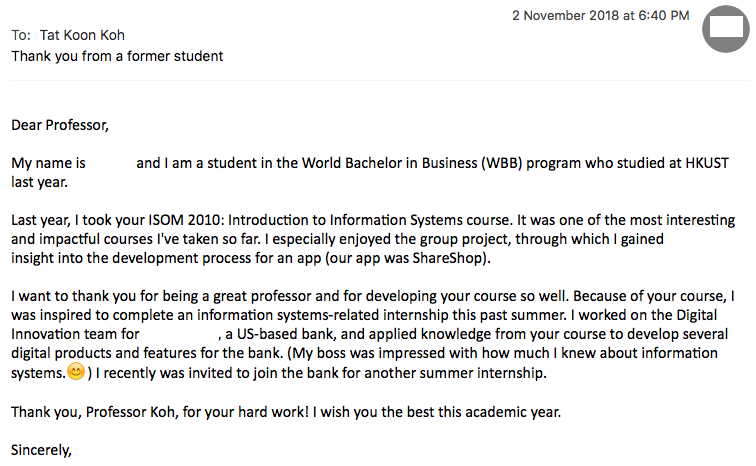My paper with Muller Cheung–“Seeker Exemplars and Quantitative Ideation Outcomes in Crowdsourcing Contests”–has been accepted by Information Systems Research. A key insight in this work is how the common practice of showing seeker exemplars in ideation contests to guide and inspire solvers could result in (i) a smaller and less diverse search space explored and (ii) fewer and lower quality ideas submitted by solvers. In other words, the benefits that seeker exemplars bring to ideation contests might come at some expenses to the seekers.
As with all my projects so far, there is a backstory about this paper’s path-to-publication; the details for another time, maybe. A shoutout to the ISR editors and reviewers, who gave us great feedback to bring our work to a higher level. Extremely glad that this research has found a nice home and, at the same time, giving me my first back-to-back ISR publications.
Abstract: Idea seekers in crowdsourcing ideation contests often provide solution exemplars to guide solvers in developing ideas. Solvers can also use these exemplars to infer seekers’ preferences when generating ideas. In this study, we delve into solvers’ ideation process and examine how seeker exemplars affect the quantitative outcomes in solvers’ scanning, shortlisting, and selection of ideas; these ideation activities relate to the Search and Evaluate stage of the Knowledge Reuse for Innovation model. We theorize that solvers’ use of local (problem-related) and/or distant (problem-unrelated) seeker exemplars in the respective search and evaluation activities is affected by their belief and emphasis in contests as well as the influences of processing fluency and confirmation bias during idea generation. Consequently, local and distant seeker exemplars have different effects in different ideation activities. Consistent with our theorizing, the results from an ideation contest experiment show that, compared to not showing any seeker exemplars, providing these exemplars either does not affect or could even hurt the quantitative outcomes in the respective ideation activities. We find that solvers generally search for, shortlist, and/or submit fewer ideas when shown certain seeker exemplars. Moreover, solvers who submit fewer ideas tend to submit lower quality ideas on average. Thus, showing seeker exemplars, which contest platforms encourage and seekers often do, could negatively affect quantitative ideation outcomes and thereby impair idea quality. We discuss the theoretical and practical implications of this research.
The final draft is available at https://ssrn.com/abstract_id=3859023.

